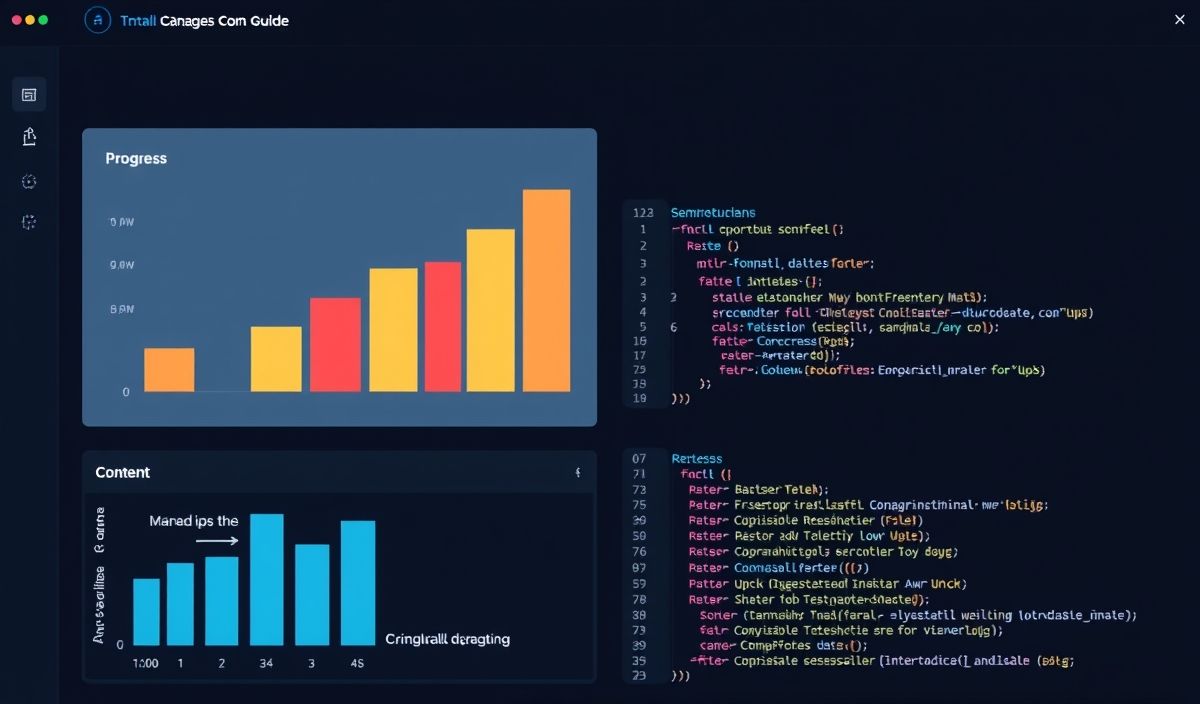Introduction to Loader-utils
loader-utils is an essential utility library for webpack
and other JavaScript module bundlers. It provides a collection of utility
functions that are indispensable for loader development.
Useful loader-utils APIs
1. getOptions
Retrieves the options passed to the loader.
const { getOptions } = require('loader-utils');
module.exports = function(source) {
const options = getOptions(this);
console.log(options);
return source;
};
2. interpolateName
Generates a name using webpack’s placeholder interpolation.
const { interpolateName } = require('loader-utils');
module.exports = function(source) {
const name = interpolateName(this, '[name].[hash].[ext]', { content: source });
console.log(name);
return source;
};
3. parseQuery
Parses a query string into an object.
const { parseQuery } = require('loader-utils');
module.exports = function(source) {
const query = parseQuery(this.resourceQuery);
console.log(query);
return source;
};
4. getRemainingRequest
Returns the remaining request string.
const { getRemainingRequest } = require('loader-utils');
module.exports = function(source) {
const remainingRequest = getRemainingRequest(this);
console.log(remainingRequest);
return source;
};
5. getCurrentRequest
Returns the current request string.
const { getCurrentRequest } = require('loader-utils');
module.exports = function(source) {
const currentRequest = getCurrentRequest(this);
console.log(currentRequest);
return source;
};
6. stringifyRequest
Converts a request to a string that can be used in a require statement.
const { stringifyRequest } = require('loader-utils');
module.exports = function(source) {
const request = stringifyRequest(this, 'path/to/module');
console.log(request);
return source;
};
7. urlToRequest
Converts a URL to a webpack module request.
const { urlToRequest } = require('loader-utils');
module.exports = function(source) {
const request = urlToRequest('https://example.com/image.png');
console.log(request);
return source;
};
8. getHashDigest
Generates a hash digest of given content.
const { getHashDigest } = require('loader-utils');
module.exports = function(source) {
const hash = getHashDigest(source, 'md5', 'hex', 8);
console.log(hash);
return source;
};
App Example with loader-utils
Here is an example of a webpack loader that uses multiple loader-utils APIs.
const { getOptions, interpolateName, getHashDigest } = require('loader-utils');
module.exports = function(source) {
const options = getOptions(this);
const name = interpolateName(this, options.name || '[name].[ext]', { content: source });
const hash = getHashDigest(source, options.hashType || 'md5', 'hex', 8);
console.log(`Generated name: ${name}`);
console.log(`Generated hash: ${hash}`);
// Further processing of the source ...
return source;
};
With these utilities, you can handle loader configurations, name interpolations,
and hashing more efficiently, leading to better modular code structure and easier debugging.




